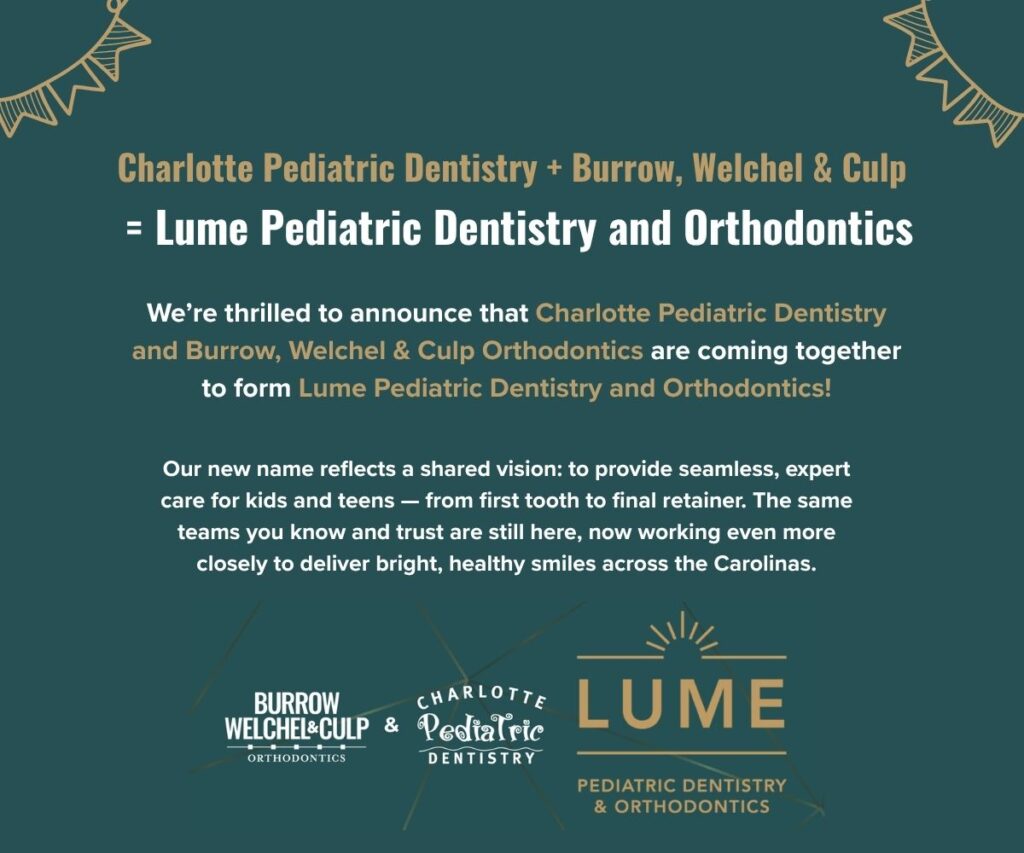Here at Burrow Welchel & Culp Orthodontics, we specialize in orthodontic care. As such, in many cases we run across those patients who require oral braces. There are always many different questions surrounding this treatment. We are often asked by those who are not our patients, do I need braces or does my child need braces, and what does that mean? Well, we are here to answer some of those questions.
To start off is a great idea that by the age of 7 your adolescent will have has an orthodontic evaluation. This is because your Orthodontist, who is more than a specially trained dentist, can work to straighten teeth and align jaws, and they can get a good sense of the early issues. They can determine the cause and severity (how bad it is) of a patient’s misalignment of their jaw and/or teeth.
Between the age of 8 and 14 a child’s has lost most of their baby or primary teeth. About this age your youth’s adult or permanent teeth have already grown in. This is when dental braces will most likely be placed, but it can occur later if treatment is set up that way by your orthodontist. Of course that is what we are here for and look forward to any questions you may have, our goal is to help you.
If you or your youngster needs braces, then there are several ways in which it can be approached. The traditional approach is a long term treatment. It takes anywhere from a year to 3 years to complete the process. There are a series of appointments that must be maintained this whole span of time. This is in order for your orthodontist to tighten and check the braces. This can be an ordeal, but with time and patience you and your child will become accustomed to these visits.
Some orthodontists recommend what’s called an interceptive approach, which involves the use of dental appliances — not always dental braces — at an earlier age, while a child still has most of his or her baby teeth. Then, when a child has most of his or her adult teeth, a second phase of treatment is started — usually with dental braces. This second phase is thought by some to be shorter than a traditional course of braces if an early treatment has been performed.
The best choice for you and your child will largely depend on the severity of existing dental problems. Talk with your child’s dentist or orthodontist about the best course of action. There are several other methods to consider as well, that is why it is important to have a great team on your side when considering any orthodontic treatments.
No matter where your child’s issues rest assures that here at Burrow Welchel & Culp Orthodontics we will work to assure that our patients and their families have the best treatments possible. Treatments that are best suited to the patient’s specific needs and the family’s wishes are taken into account as well. Do not hesitate to contact us to see how we can help you today!

